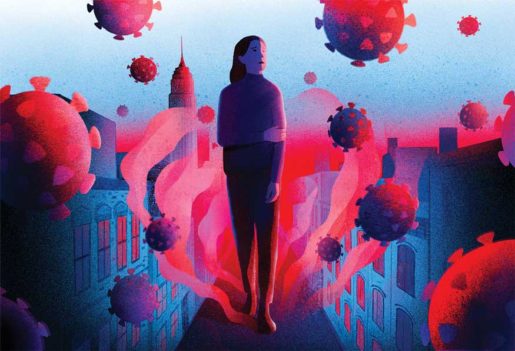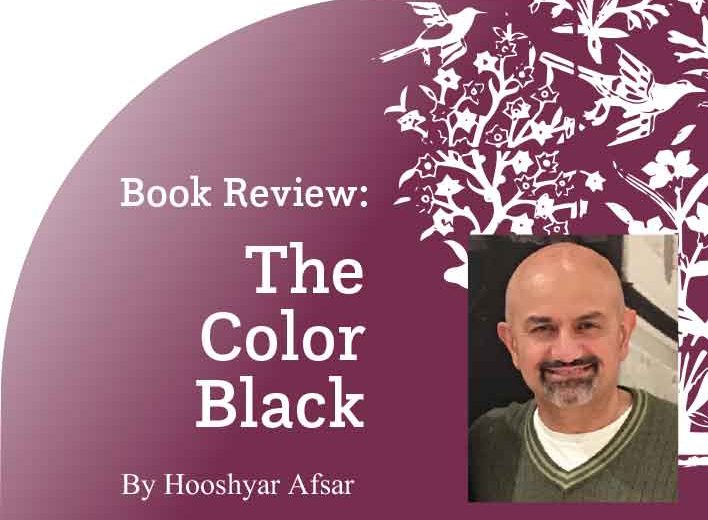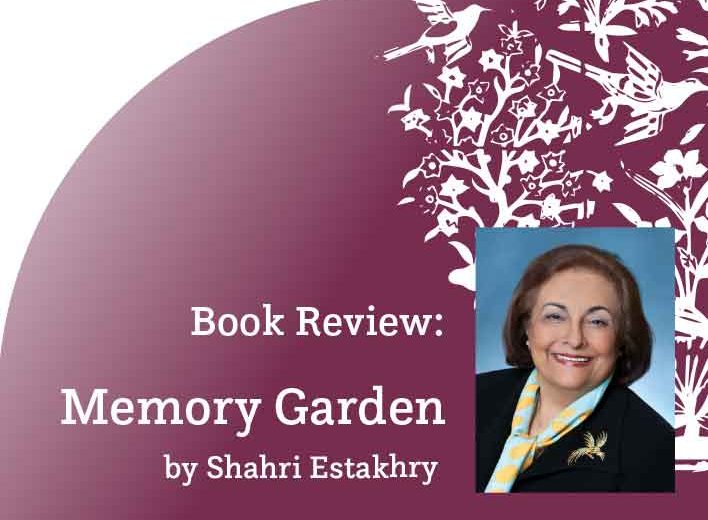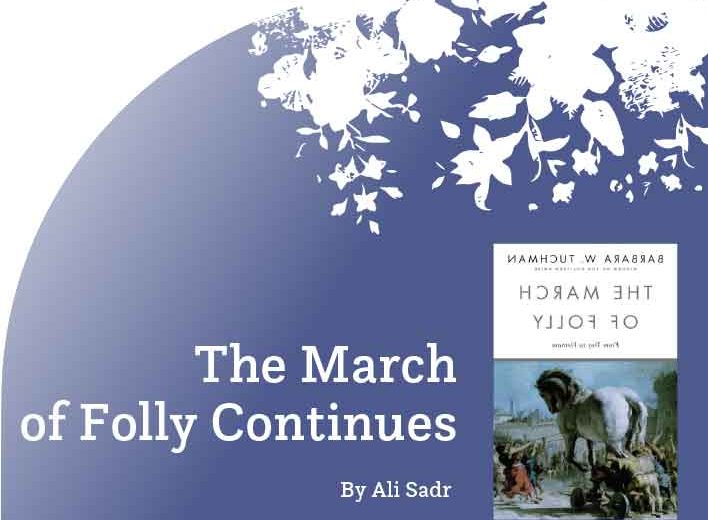Is there a positive side to a calamity like COVID-19?
The new coronavirus outbreak has been an eye-opening and life-changing event. Social distancing has affected our family lives, our travels, and of course, our financial situations. However, with any unexpected event and calamity—as disruptive as it might be—there is a positive side and a lesson to be learned. In this case, there is an opportunity to re-evaluate our lifestyle.

Hopefully our current worries for our health and our bank account will translate to wiser and more logical behavior when it comes to our shopping habits and our insatiable appetite for more material objects. Perhaps this is the time to redirect our thoughts toward a lighter and leaner lifestyle and to differentiate between what we need and what we want.
As human beings, we all have a certain degree of desire for more possessions. This is particularly true with the American lifestyle from the baby boomer generation forward. These habits are associated with pride in ownership, power, and even a false sense of happiness.
According to U.S. Census reports, while the average family size has dropped from 3.67 members in 1940 to 2.6 members in 2010, the average single-family home size has exploded from about 1,100 square feet to 2,392 square feet. The number of second or vacation homes increased from 739,594 in 1940 to 3.6 million in 2000. And, as the average house size expanded, Americans have been eager to fill that space with electronic devices, appliances, furniture, clothes, and other personal possessions.
All of this begs the question, do more material possessions and/or property equate to greater happiness? Here is the finding:
“One out of twenty people makes an adjusted gross income of at least $161,579 per year, and one in one hundred makes $369,691 or more. Are these people truly happy as a result of their earnings? Only up to a point, argue social scientists as reported by PNAS. According to the Legatum Institute’s Prosperity Index, Norway is the world’s happiest country, while the U.S., with a higher per capita income and much greater economy, ranks 11th.” (Source: Money Crasher.)
This is sound evidence that more wealth and luxury does not result in happiness. In fact, having too much often results in physical and mental stress, especially if we are faced with a sudden life-changing event and are forced into an immediate lifestyle transition.
Elana Miller, a prominent psychologist, points out: “Having too much is hazardous to a healthy way of life. The more you own, the more time and energy you spend keeping track of it, and the more you worry about breaking or losing what you worked so hard to get. It keeps you locked down and forces you to work when you do not want to.”
So, what can we gain as we navigate this new terrain that is the novel coronavirus? We gain the understanding that narrowing our scope of possessions and material gain can, in fact, contribute to a healthier and happier lifestyle. If there were ever a time to exchange material possessions for more mental and physical health, that time is now. We are living in a moment, if not the moment, to expand our wellness by decreasing those things we truly don’t need.
Zohreh Rastegar
Washington, DC
www.lifesimplifiedpro.com


















